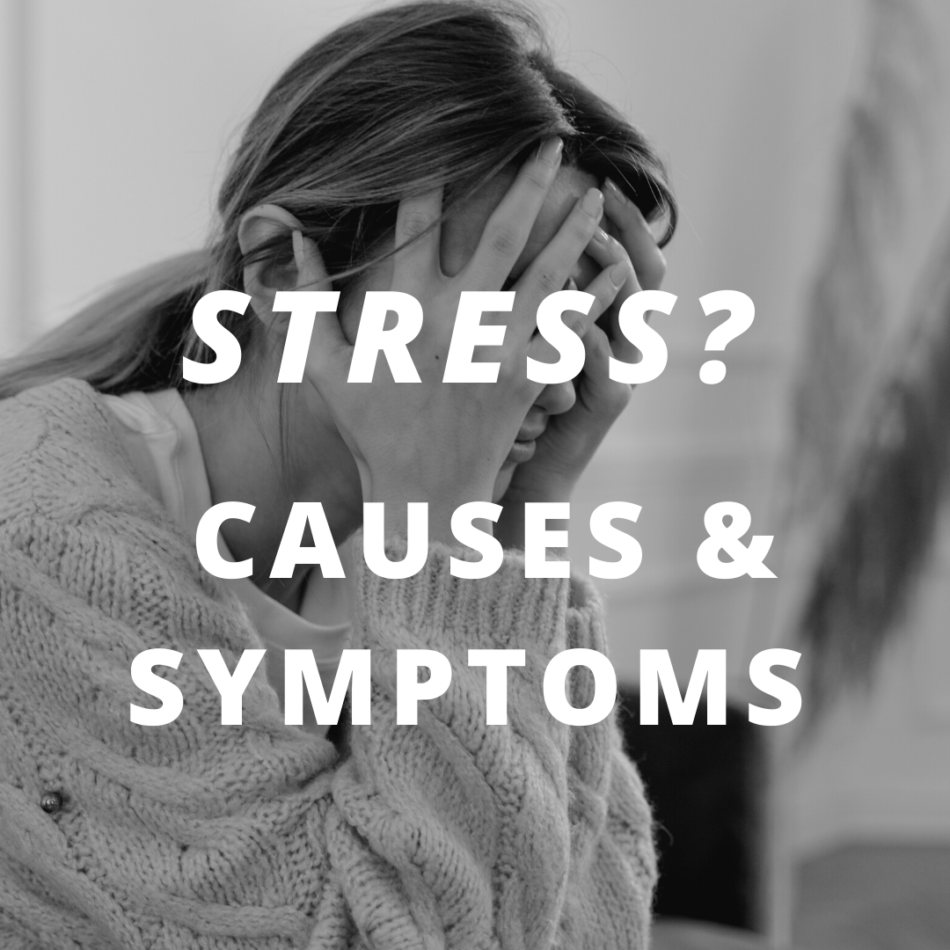What is Stress?
Stress is a natural and normal response to a perceived threat or challenge. It is a physiological and psychological response that prepares us to take action to respond to the perceived threat or challenge. When we experience stress, our bodies release stress hormones, such as adrenaline and cortisol, which trigger the “fight or flight” response, preparing our bodies to respond to the perceived danger.
Stress can be caused by a variety of factors, including work, relationships, health, and life events, and it’s a natural response to a perceived threat or challenge. While some stress can be helpful in motivating people to take action or perform at their best, if stress becomes chronic or excessive, it can have negative effects on both physical and mental health. Managing stress requires addressing both the physical and mental components of the stress response. This can include practicing relaxation techniques, such as deep breathing or meditation, engaging in physical activity, seeking support from others, and making lifestyle changes to reduce stress.
What are the symptoms of stress?
The symptoms of stress can vary from person to person and can affect both the body and mind.
Some common physical and emotional symptoms of stress include
Physical Symptoms of Stress
- Headaches
- Muscle tension or pain
- Fatigue
- Trouble sleeping
- Stomach upset
- Rapid heartbeat
- High blood pressure
- Sweating
- Shallow breathing •
- Weakened immune system
Emotional Symptoms of Stress:
- Anxiety
- Irritability or anger
- Depression
- Feelings of overwhelming
- Difficulty concentrating
- Racing thoughts
- Feelings of worthlessness or hopelessness
- Changes in appetite
- Social withdrawal
- Loneliness and negativity
It’s important to note that not everyone experiences all of these symptoms, and the severity and duration of symptoms can vary depending on the individual and the cause of the stress.
What are the main causes of stress?
There are many reasons for stress including both internal and external.
Common Causes of Stress:
- Work-related stress: High workloads, tight deadlines, difficult bosses or colleagues, and job insecurity are some of the common causes of stress in the workplace.
- Financial stress: Financial worries, such as debt, unexpected expenses, or job loss can lead to stress.
- Relationship stress: Conflict, communication problems, and disagreements with family members, friends, or romantic partners can cause stress.
- Health-related stress: Chronic illness, injury, or a serious health condition can cause stress.
- Life changes and transitions: Significant life events such as moving to a new city, getting married, having a child, or going through a divorce can all cause stress.
- Environmental stress: Natural disasters, pollution, noise, and other environmental factors can cause stress.
- Social stress: Social pressure, discrimination, and bullying can lead to stress.
It’s important to note that the causes of stress can vary from person to person, and what causes stress for one person may not be stressful for another. Additionally, a combination of factors can contribute to stress, and it’s important to identify and address the underlying causes of stress in order to effectively manage it.
Proven Ways to Reduce Stress
There are many strategies and techniques that can help you cope with stress. Here are some tips that may be helpful:
Practice relaxation techniques: Relaxation techniques such as deep breathing, meditation, yoga, or tai chi can help calm the mind and reduce stress.
Exercise: Regular exercise can help improve mood, reduce tension, and boost overall well-being.
Connect with others: Talking to friends, family, or a mental health professional can provide support and help you feel less alone.
Get enough sleep: Aim for 7-8 hours of sleep per night, as lack of sleep can contribute to stress and anxiety.
Practice time management: Create a schedule or to-do list to help manage your time and prioritize tasks.
Engage in enjoyable activities: Engaging in hobbies or activities you enjoy can help reduce stress and improve overall mood.
Make healthy lifestyle choices: Eating a healthy diet, avoiding drugs and alcohol, and limiting caffeine can help reduce stress.
Practice self-compassion: Be kind to yourself and avoid self-criticism, especially during times of stress.
Remember, not all coping strategies work for everyone, and it may take some trial and error to find what works best for you. If you are experiencing chronic or excessive stress and it’s affecting your physical or mental health, it’s important to seek help from a healthcare professional.
Yogic Management for Stress
- The practice of Ashtang Yog, Yognindra Antardhyan, Tadasana and Ardhachakrasana
- Chitta Vritti Nirodh
- Abhyas Vairagya
- Pritipaksh Bhavanam
- Panch Klesha Theory
- Chitta Prasdanam
- Sanjivani Kriya










